Undergraduate and graduate students
%
Graduates finding employment within six months of graduating
Faculty members have won National Science Foundation CAREER Awards

Chair, School of Environmental, Civil, Agricultural and Mechanical Engineering
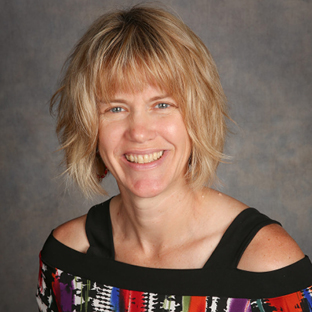
Vice President for Research | Harbor Lights Chair in Biomedical Research | Professor of Small Animal Medicine & Surgery | Professor of Chemical, Materials, & Biomedical Engineering
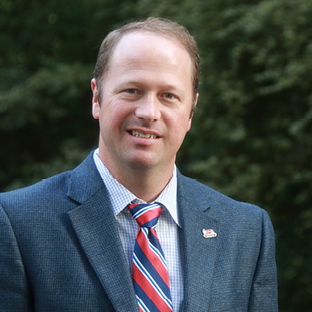
Juneau Construction Company Professor in Civil Engineering & Assistant Dean for Student Success & Outreach
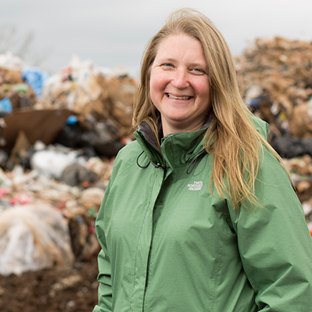
Georgia Athletic Association Distinguished Professor of Environmental Engineering
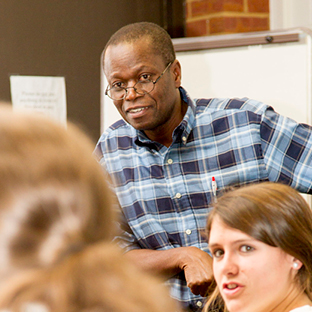
University Professor and UGA Athletic Association Distinguished Professor in Engineering
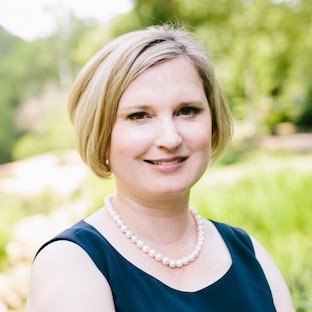
Professor of Engineering Education and Director, Engineering Education Transformations Institute

Undergraduate and graduate students
Graduates finding employment within six months of graduating
Faculty members have won National Science Foundation CAREER Awards
Undergraduate and graduate students
Graduates finding employment within six months of graduating
Faculty members have won National Science Foundation CAREER Awards


Median starting salary of graduates with BS degree
Increase in research funding in past five years
All undergraduate degree programs are accredited by ABET
Median starting salary of graduates with BS degree
Increase in research funding in past five years
All undergraduate degree programs are accredited by ABET
